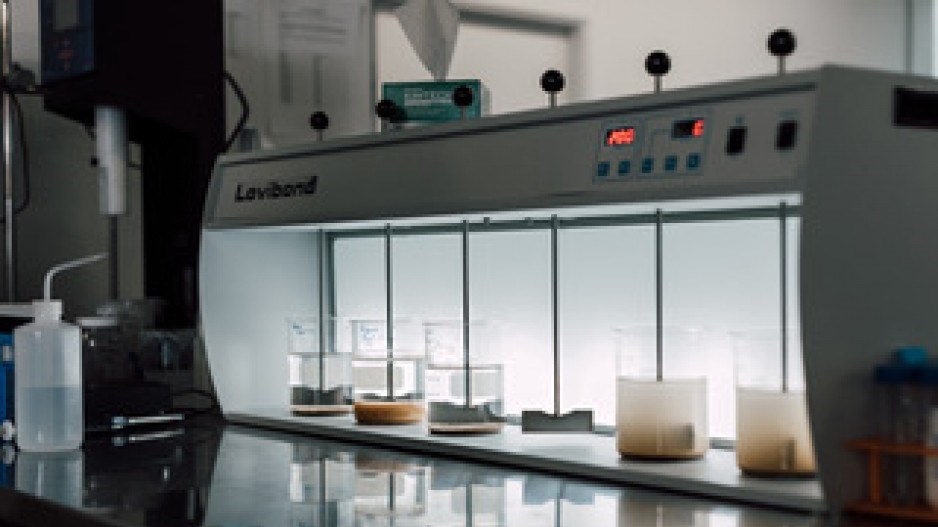Amielle Lake recalls her cleantech firm issuing its first invoice in the oil fields of Texas in March 2020, just as oil prices began cratering.
“That was pretty poor timing to say the least,” said the co-founder and chief commercial officer of UBC spinoff CarboNet Nanotechnologies Inc., which specializes in treating wastewater.
“I think they were calling it a double black swan event. We just referred to it as getting punched in the face twice.”
Flash forward almost exactly two years and CarboNet has now secured more than 65 per cent of the market in produced water – the type of water that comes out of fracking – in the Permian Basin, which is located mostly in Texas.
And earlier this month the Vancouver-based cleantech firm announced it had scored another US$6 million in financing in a round led by Monashee Capital Corp.
That brings its total funding to $26 million in a mix of equity and debt financing.
Even as oil prices plummeted at the start of the pandemic, “we decided to double down and focus because we knew we had something pretty compelling,” according to Lake.
Most wastewater treatments employ chemicals such as peroxide or chlorine dioxide to make water safe for re-use or disposal at industrial sites. It’s a method that pretty much kills everything it touches rather than zeroing in on specific solids, metals or oils in wastewater.
CarboNet’s technology is shifting reliance on such methods at hydraulic fracturing operations in the oilfields through a new treatment derived from organic material.
This treatment method relies on what it calls Nanonet technology — chemical nanoparticles that target specific contaminants that are then removed from the water.
The technology is used at a containment system — essentially a large container without a roof — located near a frac site and targets specific contaminants inside the wastewater, which then float to the surface of the water to be removed.
The water is then either re-used during fracking or stored in a frac pond.
Contaminants being targeted include iron, hydrocarbons and bacteria.
After trying to ramp up commercialization at the start of 2020, CarboNet found itself not really gaining traction again until the second half of that year.
By 2021, the company shipped seven million litres of its chemical and treated the equivalent of 35,000 Olympic-sized swimming pools.
The company now has 38 employees worldwide, 26 of whom are based in B.C., and altogether it estimates it’s treated 100 billion litres of water in the past year.
“Industry is a huge consumer of freshwater and water scarcity is a real issue,” Lake said.
“No matter where you are in the world, we are out of water. And in order to help improve that problem – [by giving] freshwater access to people and not machines – industry needs to recycle that water.”
CarboNet, which has an RnD centre in East Vancouver and a 12,000-square-foot manufacturing site in Delta, B.C., is now expanding into new markets and signing on with what Lake describes as large chemical distributors.
“We're pretty excited about the potential,” she said.




